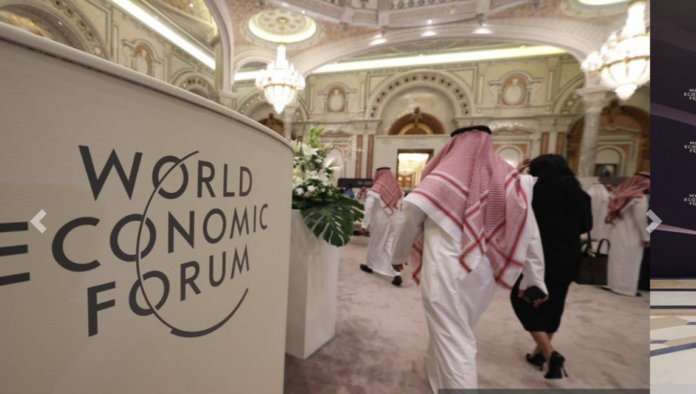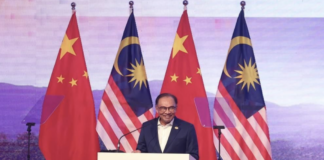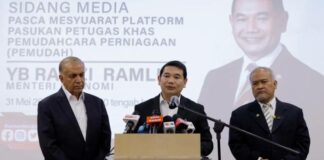RIYADH, April 28 – The World Economic Forum’s (WEF) Special Meeting commences in Riyadh, Saudi Arabia, on Sunday to find solutions to a host of global challenges relating to humanitarian issues, the climate and the economy.
Themed “Global Collaboration, Growth and Energy for Development”, the two-day meeting convenes more than 1,000 global leaders from 92 countries, including heads of state and government, thought leaders from public and private sectors, as well as international organisations, academic institutions and non-governmental organisations (NGOs).
The WEF President Borge Brende on Saturday said the United States Secretary of State Antony Blinken is also expected at the Saudi-hosted meeting.
Malaysian Prime Minister Datuk Seri Anwar Ibrahim, who is leading the Malaysian delegation to the meeting, will deliver his remarks in the opening plenary alongside other leaders under the title ‘A New Vision for Global Development.’
Other speakers include Rwanda’s President Paul Kagame, Nigerian President Bola Ahmed Tinubu, Managing Director of International Monetary Fund Kristalina Georgieva; Chief Executive Officer of Lazard Group LLC Peter Orszag and Brende.
The WEF programme includes a Joint Regional Strategy Dialogue on ASEAN – Gulf Cooperation Council (GCC), in view of Malaysia’s Chairmanship of ASEAN in 2025, during which Anwar is expected to deliver the opening remarks.
The Prime Minister is also scheduled to participate in a Country Strategy Dialogue on Malaysia, in which he will engage with prominent business leaders to explore economic opportunities in Malaysia.
On the sidelines of the summit, Anwar is scheduled to hold bilateral meetings with several leaders including his Jordanian counterpart, Bisher Hani Al-Khasawneh and Rwanda’s President Paul Kagame.
The WEF stated that the special meeting will enable comprehensive dialogue on leveraging global cooperation for economic development and promoting a global energy transition that underpins sustainability.
The meeting will also advance key forum initiatives in the region and beyond to bridge the growing North-South divide, which has further widened on issues such as emerging economic policies, the energy transition and geopolitical shocks.
















